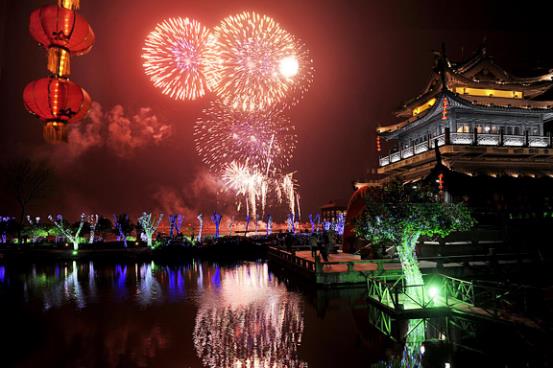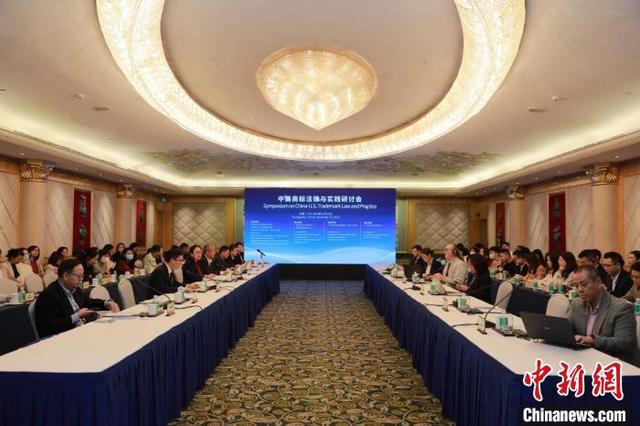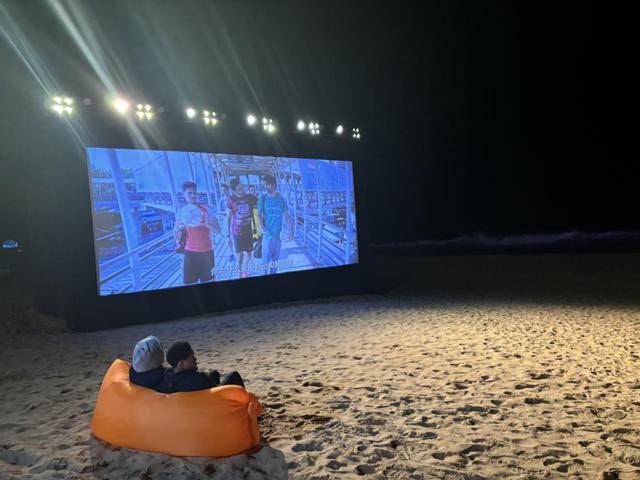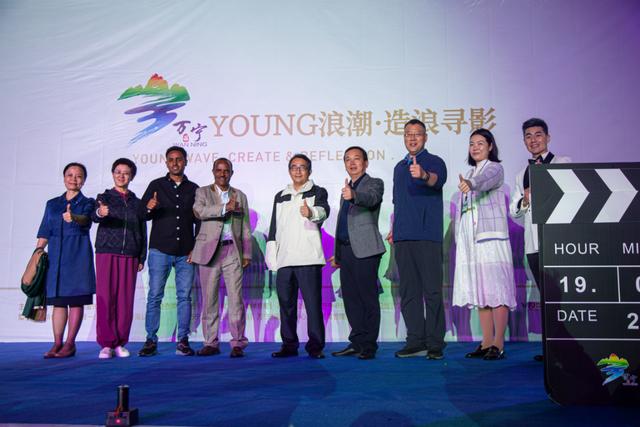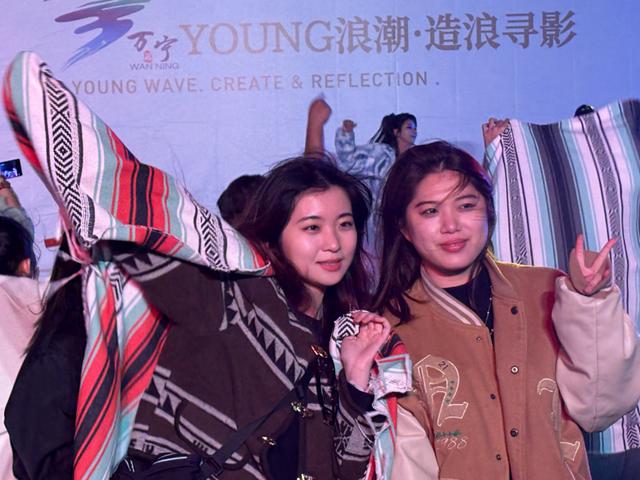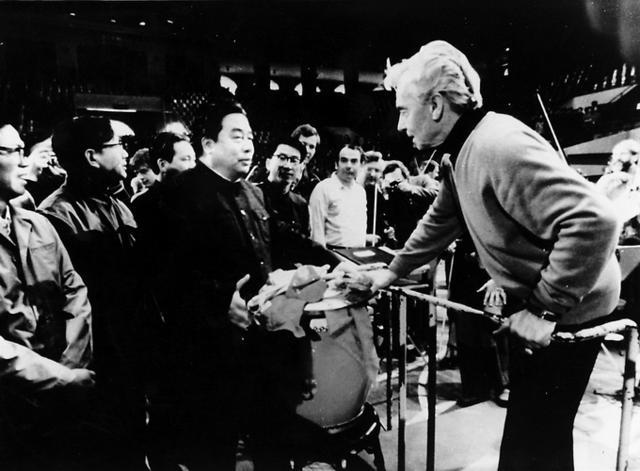In 1979, after the reform and opening-up, super orchestras and performers from Europe and America came one after another within one year. "is like a spring gale, come up in the night" wrote an important chapter in the history of Chinese and foreign music exchanges in the Republic. In October, 1979, karajan, the conductor of the "Emperor", led Berlin Philharmonic to visit China to perform "airborne" Beijing and held three concerts. This orchestra, founded in 1882, has a deep humanistic background in the music town of Germany and Austria. Among the artistic leaders in history, there are the "earliest" professional conductor in the world, Nikisch, who defined the artistic norms of conducting, and the "king" of German conducting circles. Until karajan, the "commanding emperor", recorded a large number of "fever-rated" symphony records with the orchestra, which was synonymous with contemporary symphony performance art and became a "celestial group" in the hearts of symphony lovers. It is unexpected for music lovers to enjoy the concert of "Commanding the Emperor" and symphony "TianTuan" at home.
Author: Bu Dawei
Berlin Philharmonic rehearsed "Bei Qi" with the Central Orchestra. The picture shows Li Delun giving a gift to karajan.
Berlin Philharmonic performed three sets of music: the first set is Mozart’s symphony No.39 and Brahms’ symphony No.1; The second set is dvorak’s Eighth Symphony and Musorgskiy Ravel’s Picture Exhibition. The third set is Beethoven’s fourth symphony and seventh symphony. Through the concert, the audience first realized that Brahms’ symphony was karajan’s and Berlin Philharmonic’s specialty, and it also reflected the orchestra’s style. Everyone is familiar with dvorak’s Ninth Symphony "New World", which is full of Indian music elements and black music elements, while the Eighth Symphony was somewhat unpopular at that time, but after listening to Berlin Philharmonic’s performance, we found that the composer’s symphony still had another fresh interest. Listening to Musorgskiy Ravel’s "Picture Exhibition" and "The Gate of Kiev" at the scene, the bass part of the orchestra’s strings is full of heavy texture, and the bass part of the brass pipe is powerful, which merges into an overwhelming sound wave, which is very shocking, so as to appreciate the legendary "heavy bass of the German-Austrian orchestra", and this sound effect is not heard from the record. Karajan had an operation on his spine, but he dragged a limp leg and moved slowly when he went on the court. Just like what he said in his self-report, this is the longest road in the world. Everyone knows that karajan in the image is called "the blind man directs", thinking that it is to increase the effect of the lens. This time, when he saw the live performance, he kept his eyes closed. Although karajan is expressionless and sculptural, unlike Seiji Ozawa, his music is still moving.The command action is simple, but the music content is extremely rich.
At the concert in China, the original second oboe in the orchestra played the first part instead of the chief oboe who came back from an accidental injury, and played perfectly. He was albrecht Meyer, who served as the chief oboe in the abbado era. However, the first Bassoon "mixed garlic" in the passage of a fast scale in the fourth movement of Beethoven’s fourth symphony, and almost "overturned". The master performer of "Tiantuan" will also have "Waterloo", which is the cruelty of performing arts. Beethoven’s Seventh Symphony is that Berlin Philharmonic performed on the same stage with the Central Orchestra. This is the first time that the Central Orchestra performed side by side with the world super orchestra within one year after performing on the same stage with Boston Symphony Orchestra in March. Symphony orchestras in China began to establish new playing concepts and methods. After the music ended, the musicians of the two countries were very excited, shaking hands with each other, and the audience was even more excited, but no matter how enthusiastic the applause was, they didn’t perform it. I heard that this is a rule in karajan. The concert didn’t take place in the Capital Gymnasium where Seiji Ozawa and Boston Symphony Orchestra performed, but in the Beijing Gymnasium in the South City, which was taken by the orchestra’s front-stop staff, and a soundboard was made and placed on the back of the orchestra, with much better acoustics than the Capital Gymnasium. Since then, this kind of soundboard has been widely used in many concerts in China. At the concert, the accompanying family members of Berlin Philharmonic arranged to sit in the corner of the venue facing the conductor, which was also a "landscape" for the audience in China.
Unexpectedly, there was something wrong with the "airborne" when the special plane of the orchestra arrived. When the Capital Airport didn’t have a high enough gangway to connect with it, a spliced and heightened gangway was leaned in a hurry. As a result, the chief oboe walked out of the hatch and fell to the ground two stories high, and a member behind him had a heart attack. karajan was angered by this accident at the beginning of getting off the plane. At the concert, karajan, unlike Seiji Ozawa, was not tolerant of the China audience who were late, and his face was sad. In fact, there are different views on karajan’s manner within the orchestra. Helmut Stern, one of the two directors of Berlin Philharmonic and the managing director of the orchestra, thinks this is a kind of "cultural discrimination". He also believes that karajan’s pursuit of "sound" is that "the composer’s intention is covered by the beauty of sound, and sometimes even wrongly reversed, becoming his own opposite."
The orchestra’s visit to China became Helmut’s nostalgic trip. Helmut Ernst was a German Jew. At the age of 8, his family fled from Berlin to Harbin to escape the persecution of the Nazis. In Harbin, he began to learn the violin, and studied under the "godfather" of Harbin, the exiled Russian Jewish violinist Tlach Ginberg. After the victory of the Anti-Japanese War, he went to Palestine and was admitted to Berlin Philharmonic. At the Capital Airport, when he stepped into the terminal building, he could speak Chinese, and found violinists Yang Muyun and Fan Shengkuan among the colleagues of the Central Orchestra who came to welcome him. They were all classmates and brothers in Harbin that year. After the performance in Beijing, Helmut left the team to pay a return visit to Harbin, his "hometown" when he was a teenager, and came to his old home. "I suddenly saw a corner of the curtain that my mother brought from Berlin 35 years ago on a window. I really couldn’t help it, and my tears flowed out. " Just like Seiji Ozawa’s affection for Beijing, his childhood hometown, Helmut is also nostalgic for Harbin and has made contributions to the music industry here. The phrase "Music has no borders" is really everywhere.
Karajan and Berlin Philharmonic’s concerts in Beijing are of high specifications and high level, which have met people’s artistic expectations. At the end of 1970s, the performance of this classical concert reached a peak, so their visit to China can be called a peak trip. Karajan’s visit to China by Berlin Philharmonic was not as political as that of Philadelphia Symphony Orchestra and Boston Symphony Orchestra before, but because of their position in western classical music, it played an invisible role in promoting China’s entry into WTO. With the deepening of reform and opening up, more and more classical music performance groups and individuals from abroad have entered the normalization.
(Original title: karajan and Berlin Philharmonic’s peak trip in Beijing)
Source: Beijing Evening News
Editor: TF016
